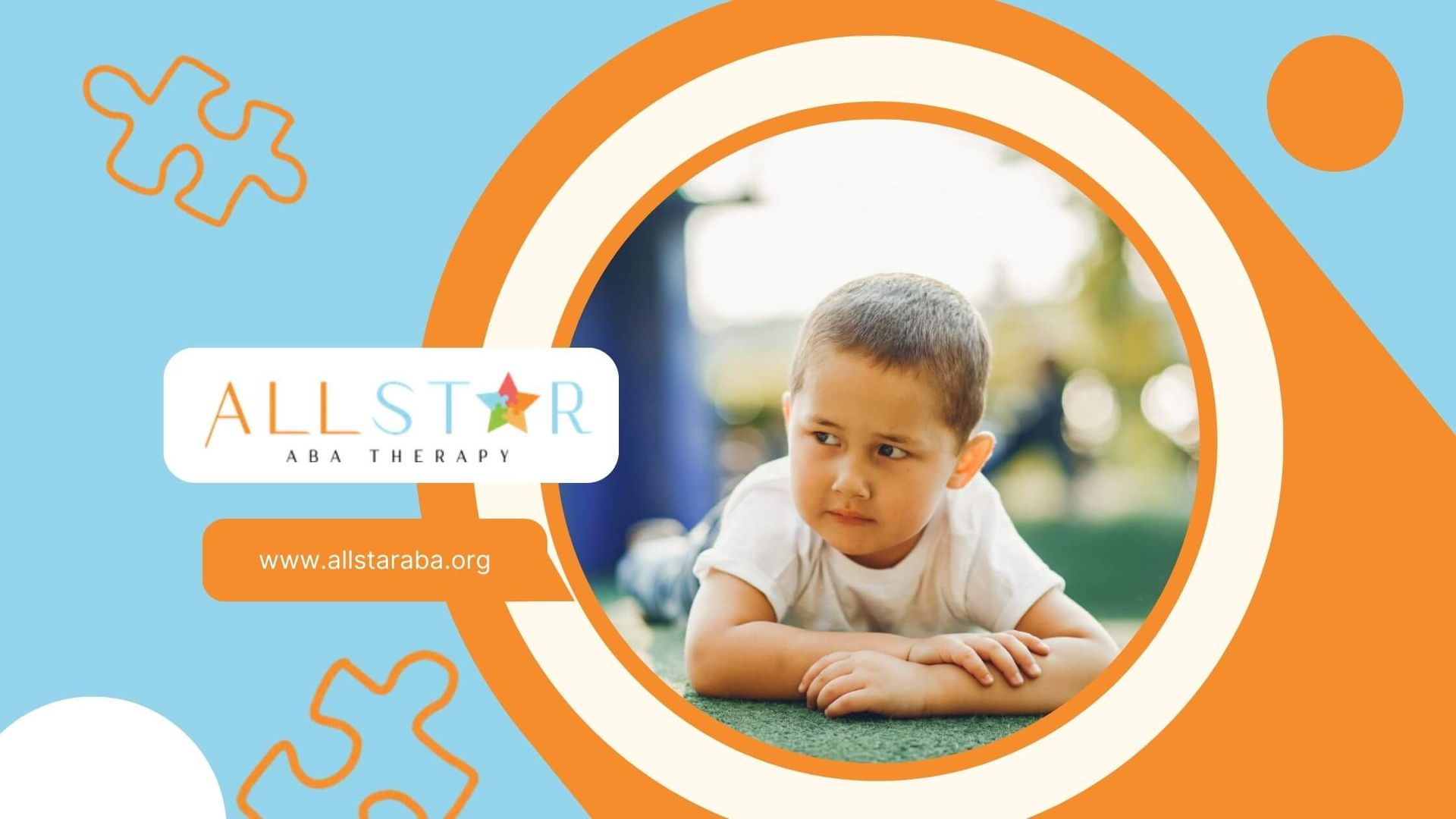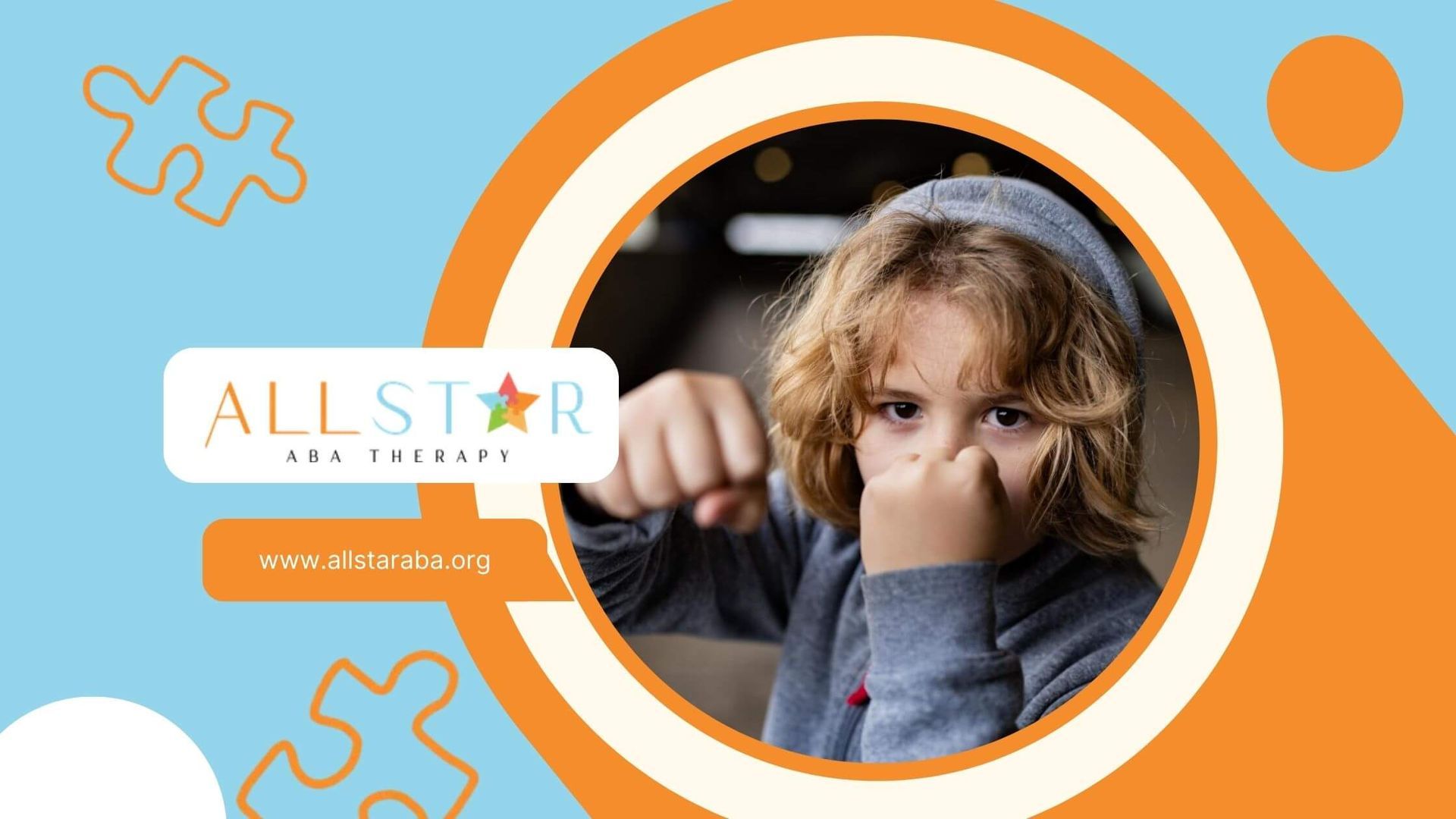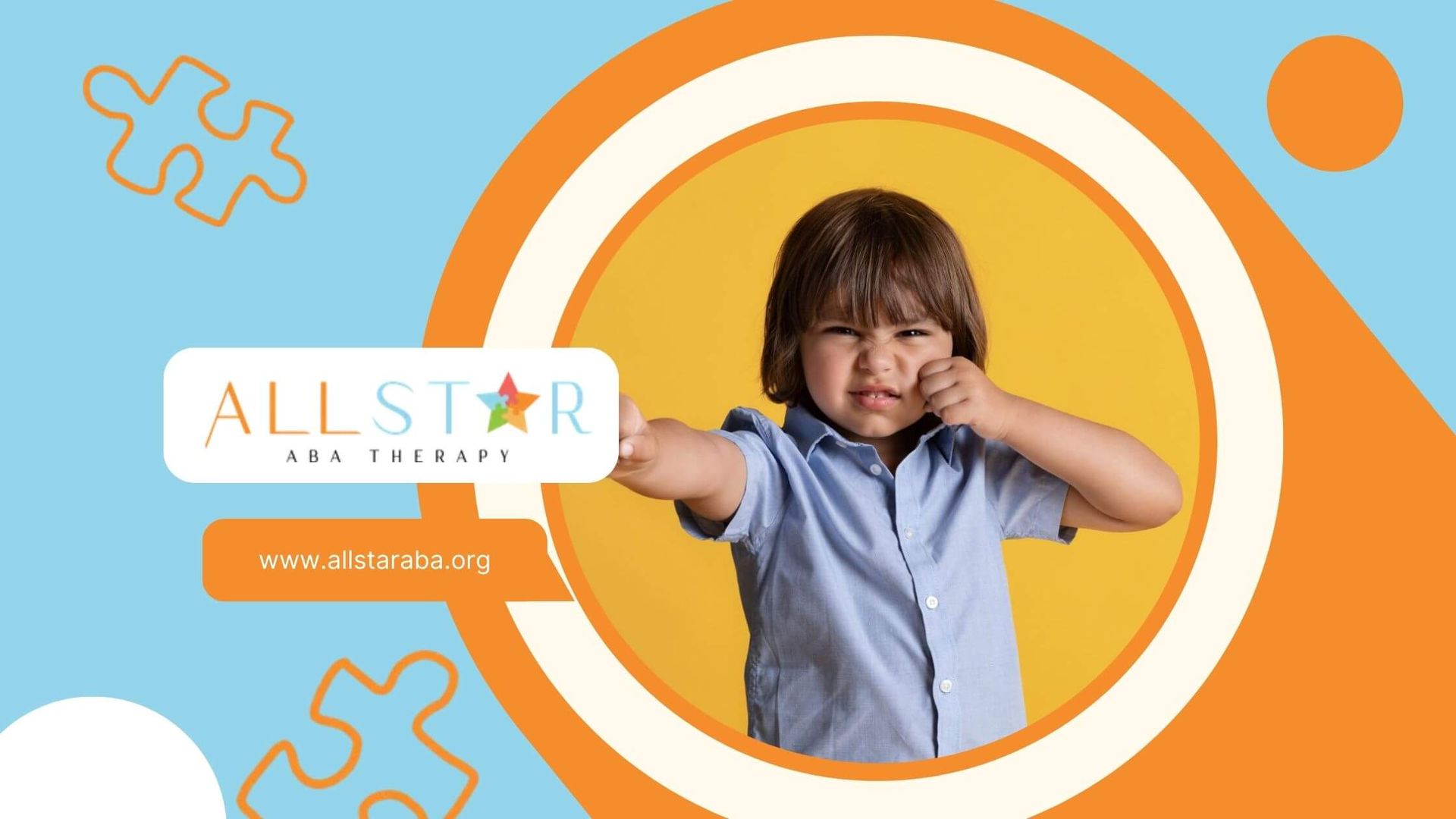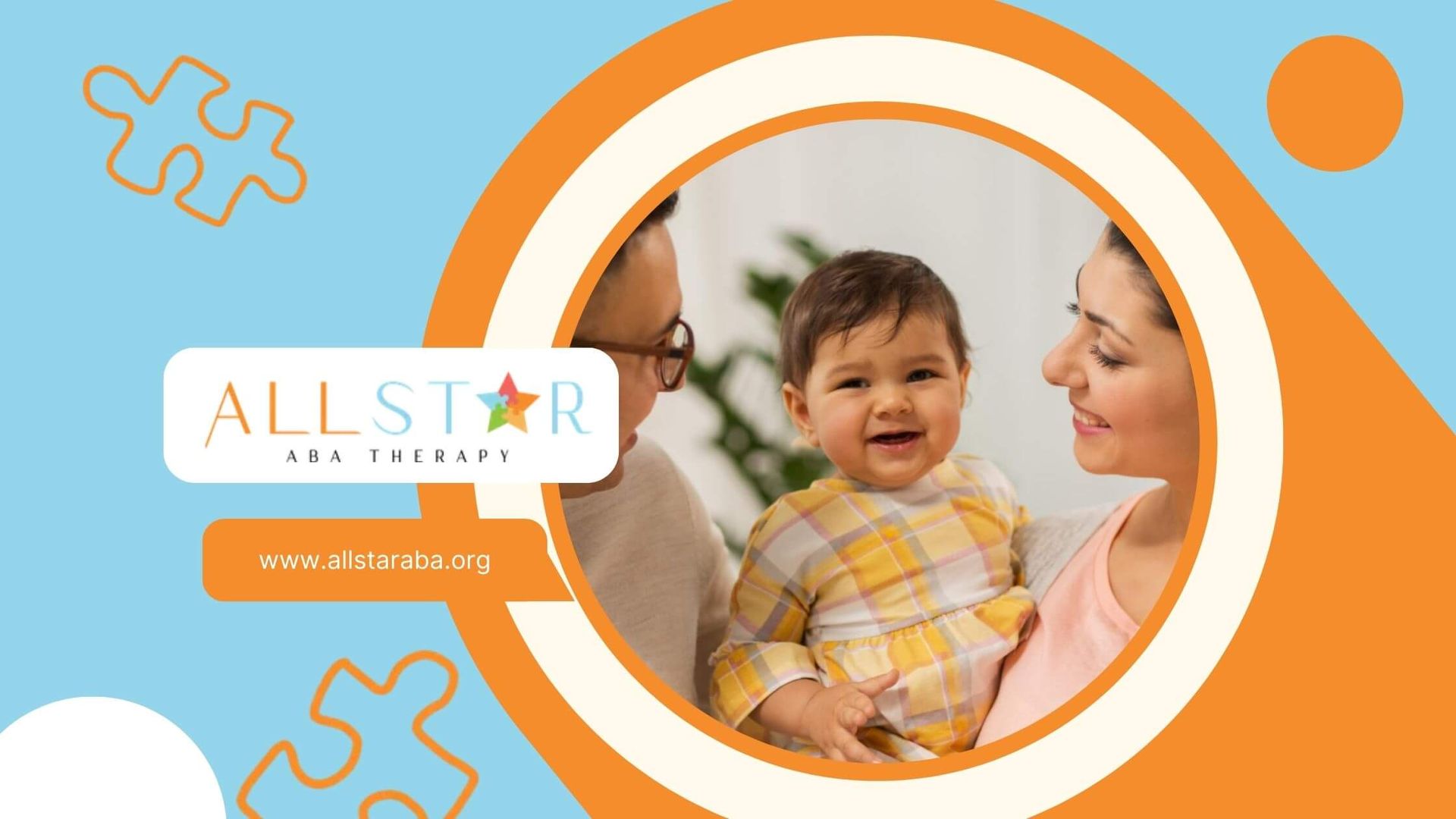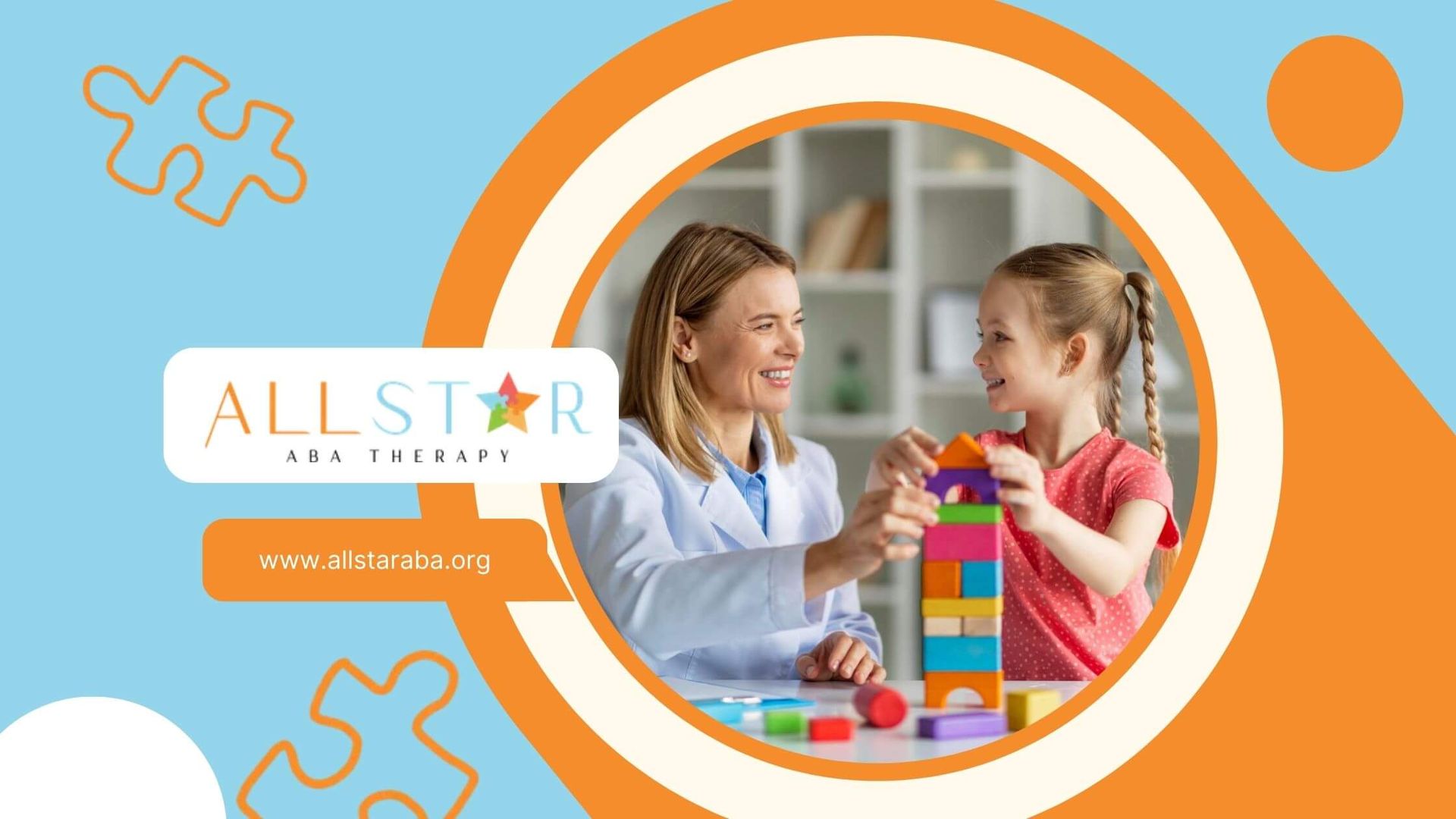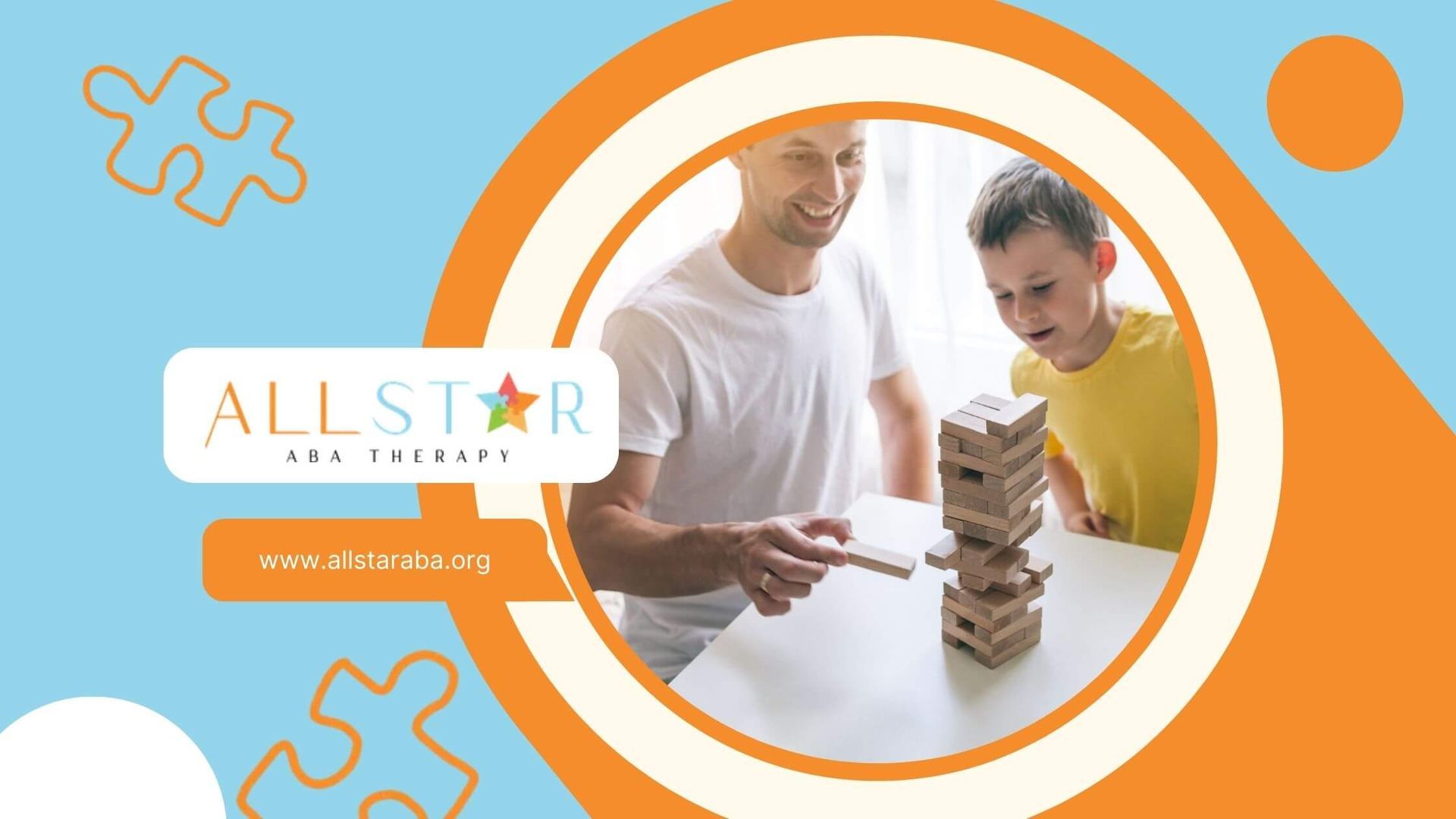New Paragraph
Understanding School Refusal in Children with Autism
For some children with autism, going to school isn’t just a challenge—it can feel overwhelming. School refusal happens when a child avoids attending school due to stress, fear, or difficulty adjusting.
It’s more than just “not wanting to go.” For families, this can be one of the most stressful experiences.
Why School Refusal Happens in Autism
Children with autism may refuse school for many reasons, including:
- Sensory sensitivities: Bright lights, loud sounds, or crowded hallways may feel unbearable.
- Transitions: Moving from home to school or between classes can be very stressful.
- Social demands: Interacting with peers and teachers may feel overwhelming.
- Academic challenges: Struggles with certain subjects can create frustration or anxiety.
- Change in routine: A new teacher, classroom, or schedule may trigger resistance.
How ABA Therapy Can Help
ABA therapy offers practical strategies to support children and families facing school refusal. Some approaches include:
- Breaking tasks into steps: Making the school routine more manageable.
- Positive reinforcement: Rewarding small successes, like getting dressed for school.
- Visual schedules: Helping children see what their school day will look like.
- Skill-building: Teaching coping skills for anxiety and social challenges.
At All Star ABA, we partner with families through school-based ABA therapy, in-home therapy, and center-based therapy. We also provide ABA parent training so parents feel equipped to support school routines at home.
Families in Maryland and Virginia trust us to help children build confidence and succeed.
FAQs
Is school refusal common in autism?
Yes, it’s a challenge many families face. It often stems from sensory, social, or routine difficulties.
Should I force my child to go to school?
Forcing may increase anxiety. Gentle support, strategies, and professional help can make transitions smoother.
Can ABA therapy help with school refusal?
Absolutely. ABA builds coping skills, eases transitions, and creates positive routines around school.
Sources:
https://www.autism.org.uk/advice-and-guidance/topics/education/attendance-problems
https://www.nhs.uk/conditions/autism/autism-and-everyday-life/school/
https://pmc.ncbi.nlm.nih.gov/articles/PMC11191666/
https://autismsciencefoundation.org/participate_research/school-refusal-in-autistic-youth/
https://www.sciencedirect.com/science/article/abs/pii/S1750946717300739
Need Support?
We're Here to Help!
Our experienced team is ready to assist you. Reach out today to discuss how we can support your child's development and well-being.
Get started with expert ABA therapy today.



